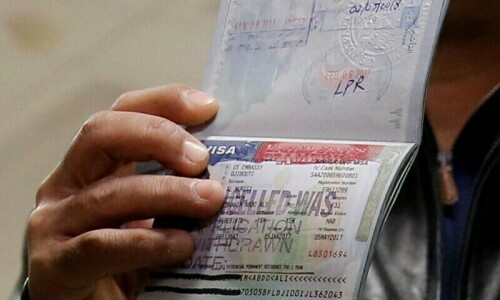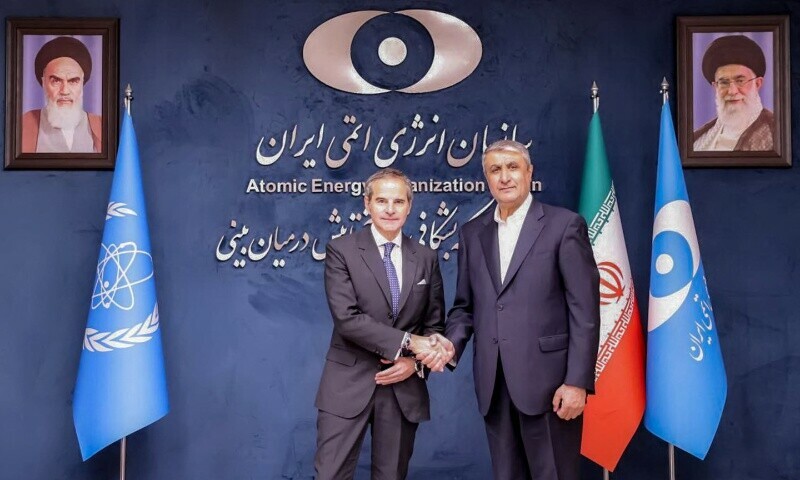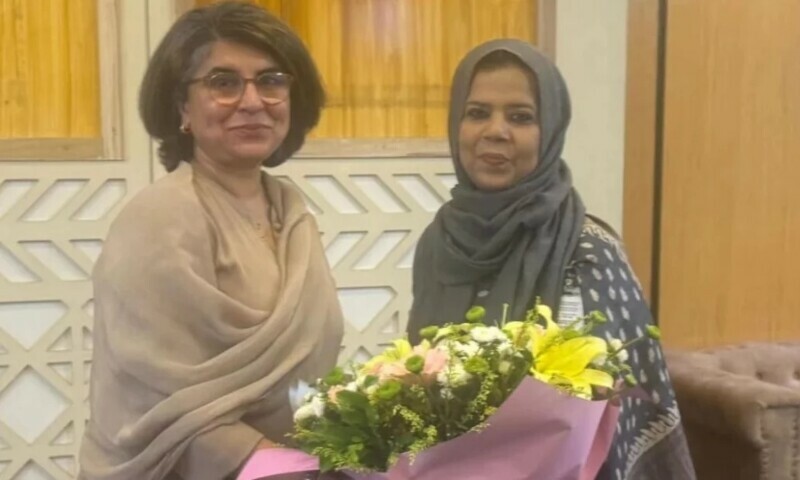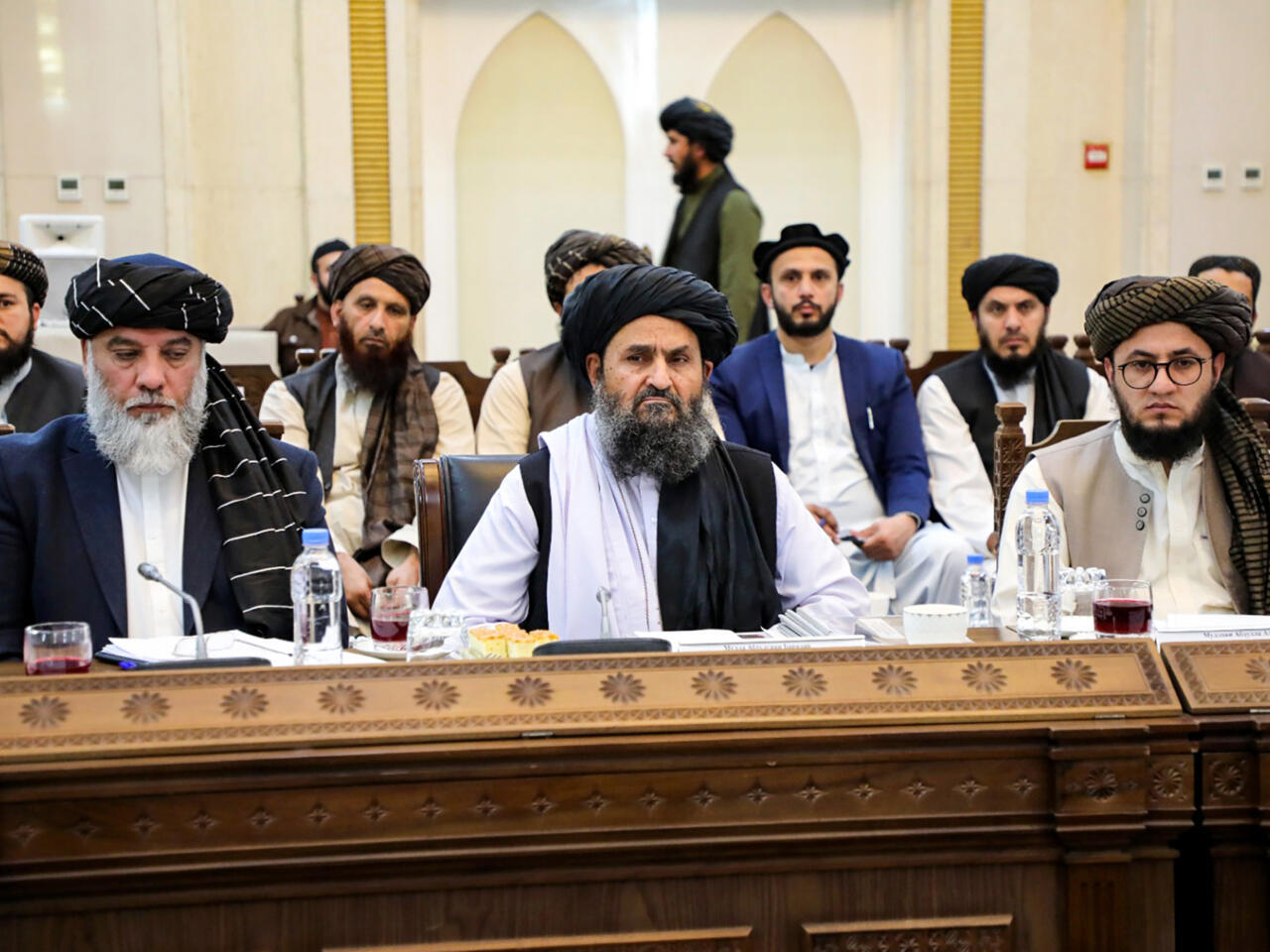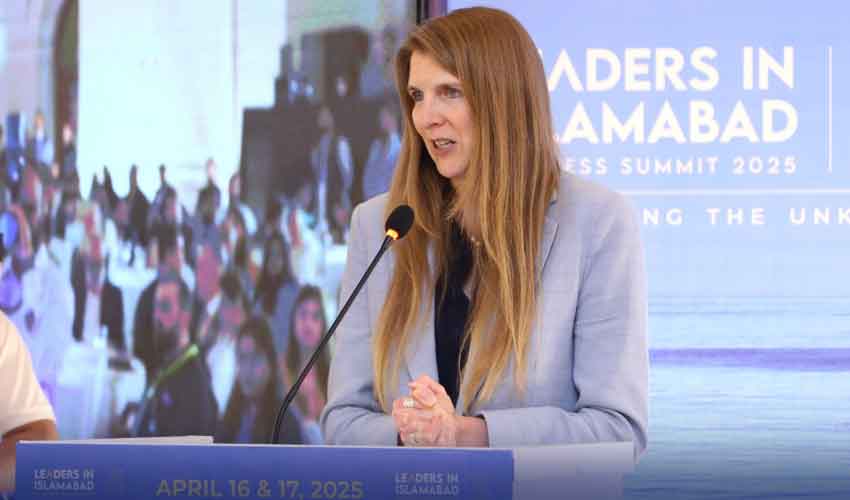WORLD NEWS
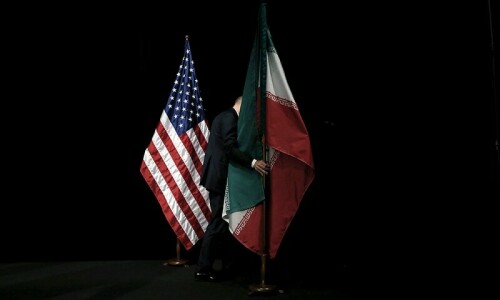
Iran’s stock market saw its biggest rise since January on Tuesday, and the country’s rial currency strengthened slightly, as citizens expressed cautious optimism ahead of talks this weekend between Iran and the United States over the ongoing nuclear dispute. Despite long-standing economic strain and threats of military action from President Donald Trump, many Iranians are holding out hope that the Oman talks could mark a turning point.
Economic Pressures and Political Uncertainty
Tehran’s stock market rose by 2.16% on Tuesday and continued to climb on Wednesday, as investors shifted their focus from safe havens like gold and foreign currencies to local stocks. The rial, which had fallen to a historic low of 1,050,000 to the dollar, gained slightly to 999,000 in the days following Trump’s announcement of the talks.
While this brief economic optimism is a welcome sign for many, ordinary Iranians remain deeply concerned about the deteriorating economy, which has been exacerbated by years of biting sanctions. These sanctions have heavily impacted everyday life, making life difficult for many in the country.
Amir Hamidian, a retired government employee from Tehran, expressed a common sentiment: "We want to live a normal life with no hostilities, especially no economic pressure. I don’t want my country to be bombed... My purchasing power is shrinking every day," said the father of three, who earns about $120 per month.
Despite the Iranian clerical leadership’s tough rhetoric, some officials believe the country’s leadership feels compelled to agree to negotiations, fearing that anger over the economic situation could lead to domestic unrest. Mahsa, a 22-year-old university student from Sari, said she felt anxious: “Enough is enough. Just reach a deal and end our misery.”
Mixed Reactions to Prospects of a Deal
The announcement of talks, intended to address Iran's nuclear program and its long-standing dispute with the West, has sparked mixed reactions. Minou, a housewife in Isfahan, voiced deep pessimism, “There is a huge gap between the sides. Trump is going to bomb us. What should we do?” She mentioned withdrawing her savings in anticipation of potential military action.
However, some remain hopeful that a deal could be reached, though they are aware of the risks. Mohammad Amin Hosseini, a 27-year-old from Mashhad, placed his faith in Supreme Leader Ayatollah Ali Khamenei, saying, “Our supreme leader is fully aware of the situation and will lead us out of trouble. Whatever he decides, we will support it.”
US Pressures and the Shadow of Sanctions
The prospect of nuclear talks comes amid mounting concerns over the potential for renewed military action. Trump has indicated that if the nuclear dispute is not resolved, he may consider military action. His administration’s “maximum pressure” strategy has previously led to harsh sanctions on Iran’s oil exports, which have significantly impacted the economy. Despite this, Iran has found ways to evade the embargo, though its economy continues to suffer.
Economists and officials have long warned that these sanctions have made Iran’s economic troubles worse than during the Iran-Iraq War of the 1980s. With sanctions putting pressure on the country’s import costs and export prices, many citizens remain wary that any potential deal will take time to materialize and may not bring immediate relief.
Hope Amid Despair
While many are skeptical, the economic optimism triggered by the news of the talks cannot be ignored. Analysts believe that even partial relief from sanctions could lower import costs and help boost Iranian exports. However, with the outcome of the negotiations uncertain, investors remain cautious, sticking to short-term bets rather than committing to long-term investments.
As Iranians await the Oman talks on Saturday, their hopes and fears are intertwined. While some look to the future with cautious optimism, others brace for more hardship. The outcome of these talks could have far-reaching consequences, not only for Iran's relationship with the West but also for the livelihoods of ordinary Iranians grappling with a deeply strained economy.
